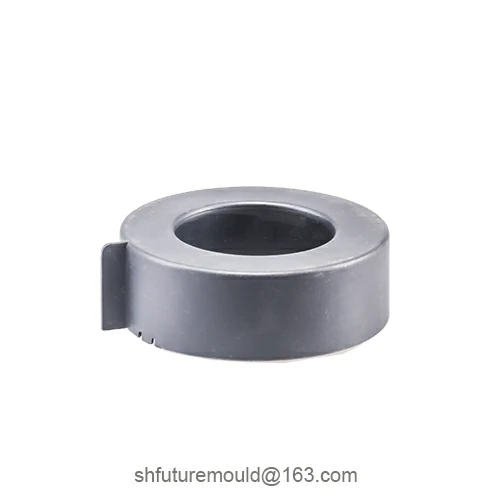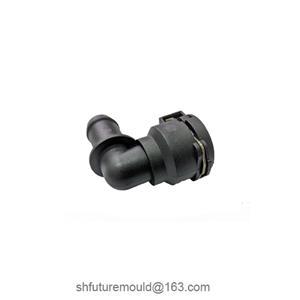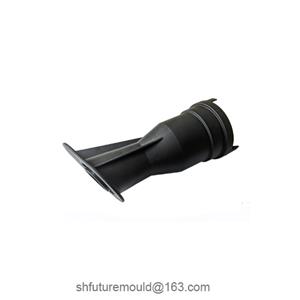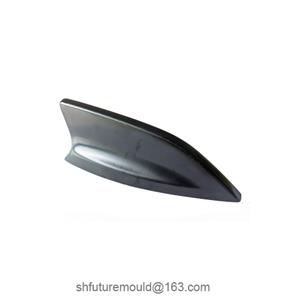The Importance of Drying Raw Materials for Injection Molding
Drying raw materials is a critical step in injection molding, significantly impacting product quality, production efficiency, and cost control.
1. Prevention of Product Defects
Bubbles and Silver Streaks: Residual moisture in the material evaporates at high temperatures, producing gas that may cause surface defects such as bubbles, silver streaks, or gas marks.
Reduced Strength: Excessive moisture can affect the stability of molecular chains in the material, leading to decreased mechanical performance of the final product.
2. Ensuring Surface Quality
Moist materials can cause uneven flow during molding, resulting in poor surface gloss, abnormal textures, or other appearance issues.
3. Enhancing Product Performance
Properly dried raw materials ensure that their physical properties, such as toughness, hardness, and heat resistance, are fully realized.
4. Reducing Scrap Rate
Inadequately dried materials increase the likelihood of defective products, causing unnecessary waste of resources and production delays.
5. Optimizing Production Efficiency
Thoroughly dried materials enable stable molding parameters during processing, reducing machine adjustment time and minimizing unexpected downtime.
6. Minimizing Mold Wear
Moisture can condense during the molding process, forming corrosive substances that accelerate mold aging and damage over time.
7. Meeting High-Performance Material Demands
Certain advanced polymers, such as PA (Nylon), PC (Polycarbonate), and PBT, are susceptible to moisture. Proper drying is essential to maintaining their performance stability.
8. Compliance with Production Standards
Many industrial sectors, such as automotive, medical, and electronics, have stringent quality requirements for injection-molded products. Drying is a key prerequisite for meeting these standards.
- Injection Mold
- Automotive Injection Mold
- Electronics & Electrical Injection Mold
- Consumer Goods Injection Mold
- Airplane Components Injection Mold
- Medical Components Injection Mold
- Irrigation Components Injection Mold
- Injection Molds




